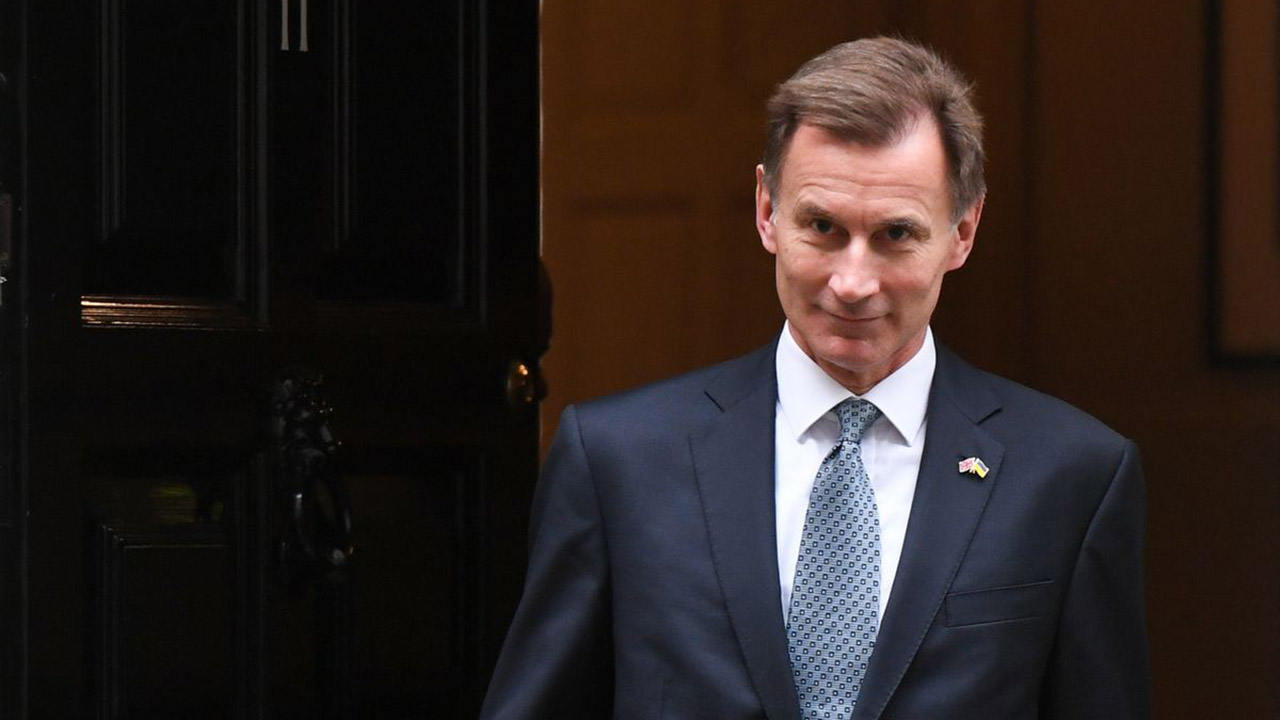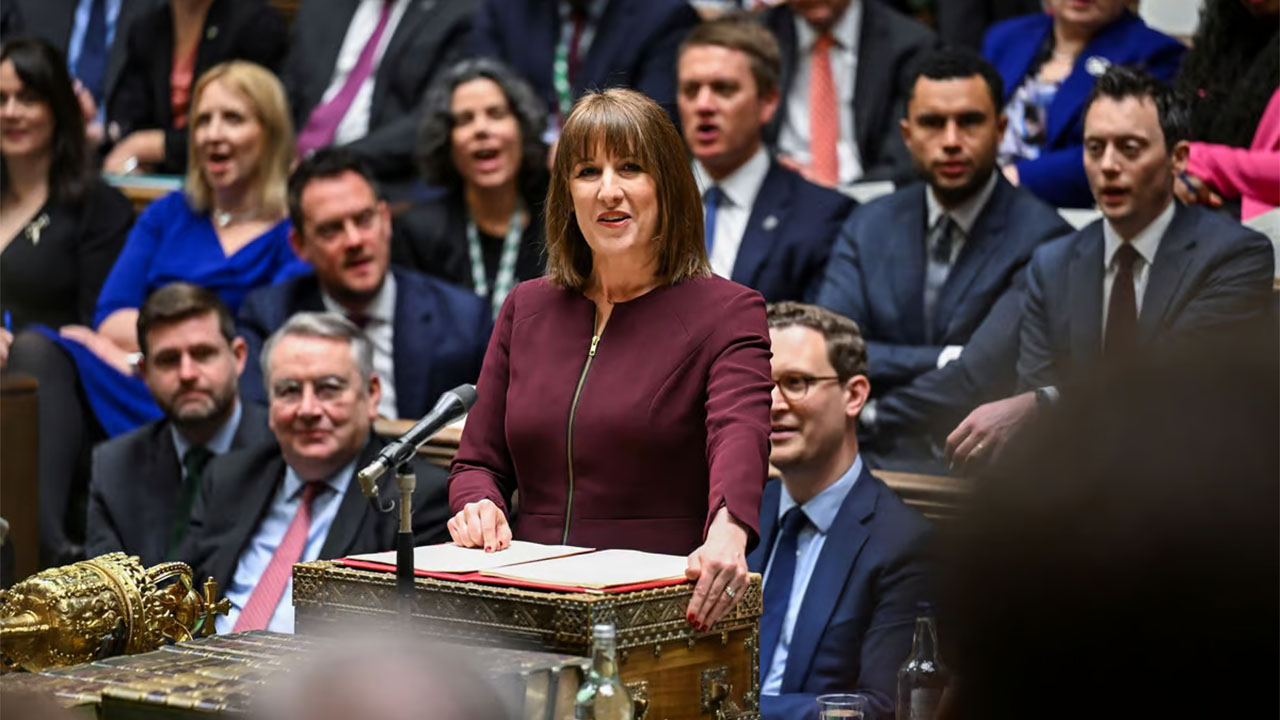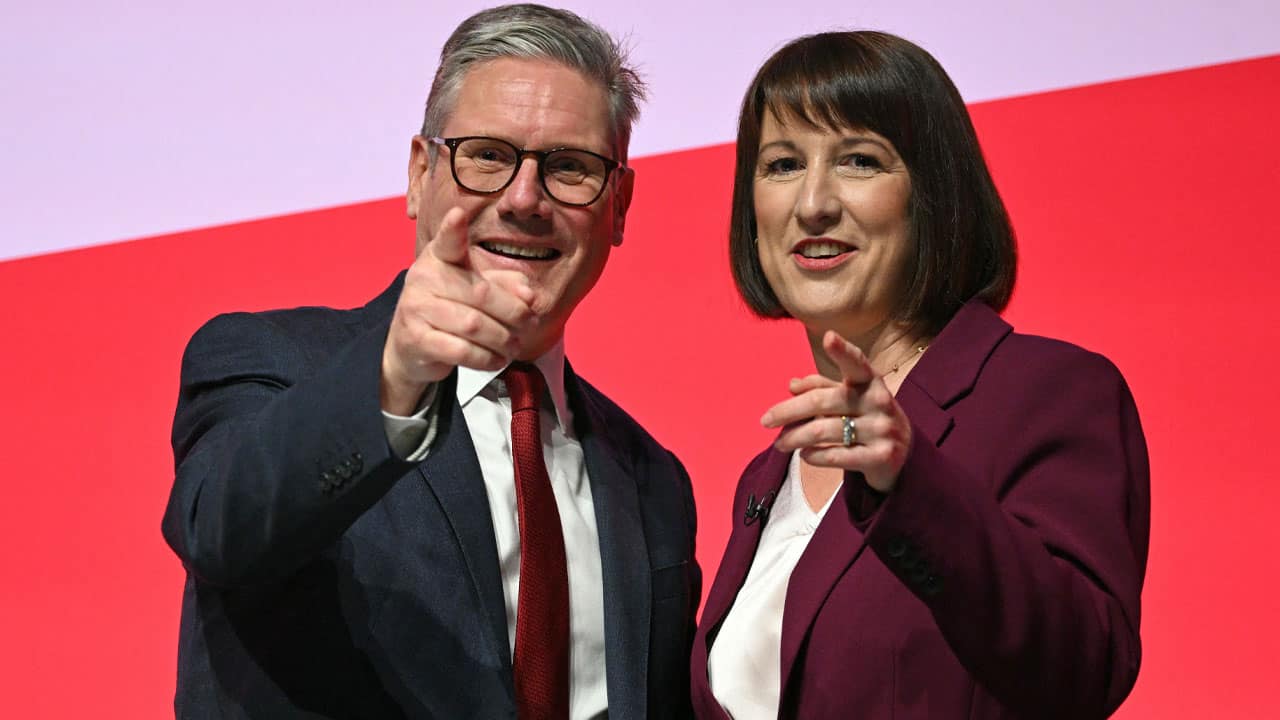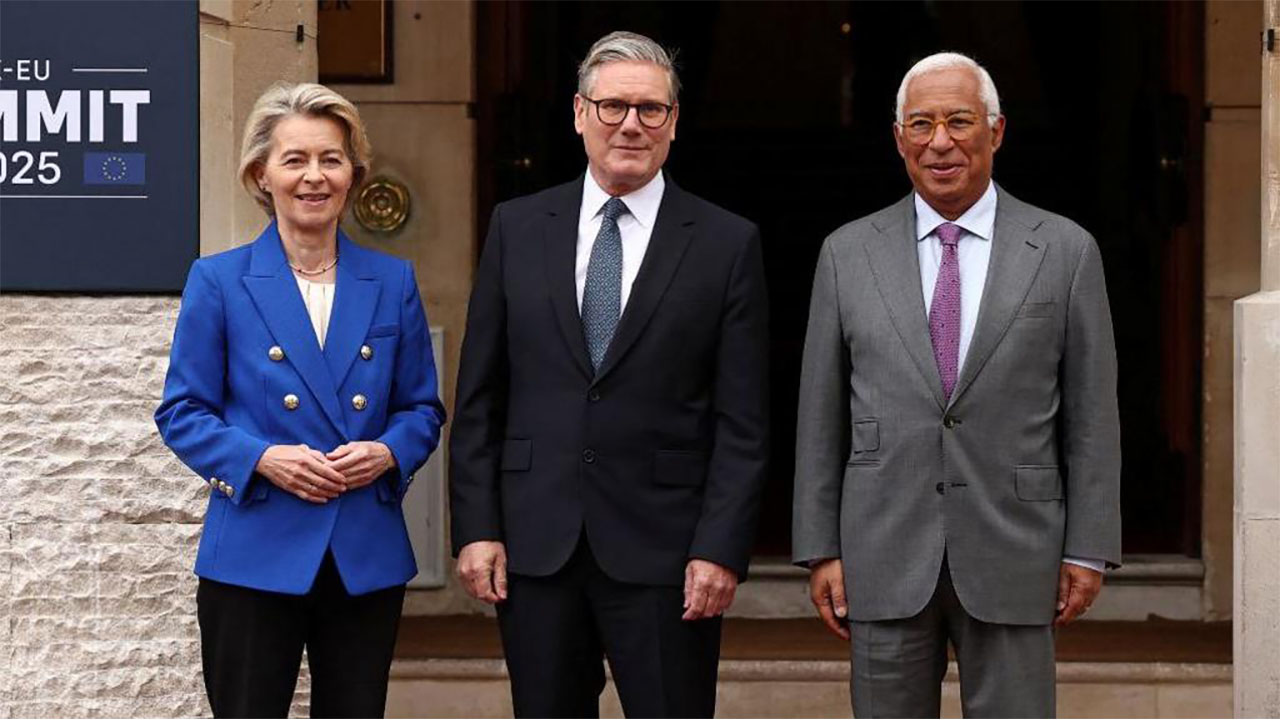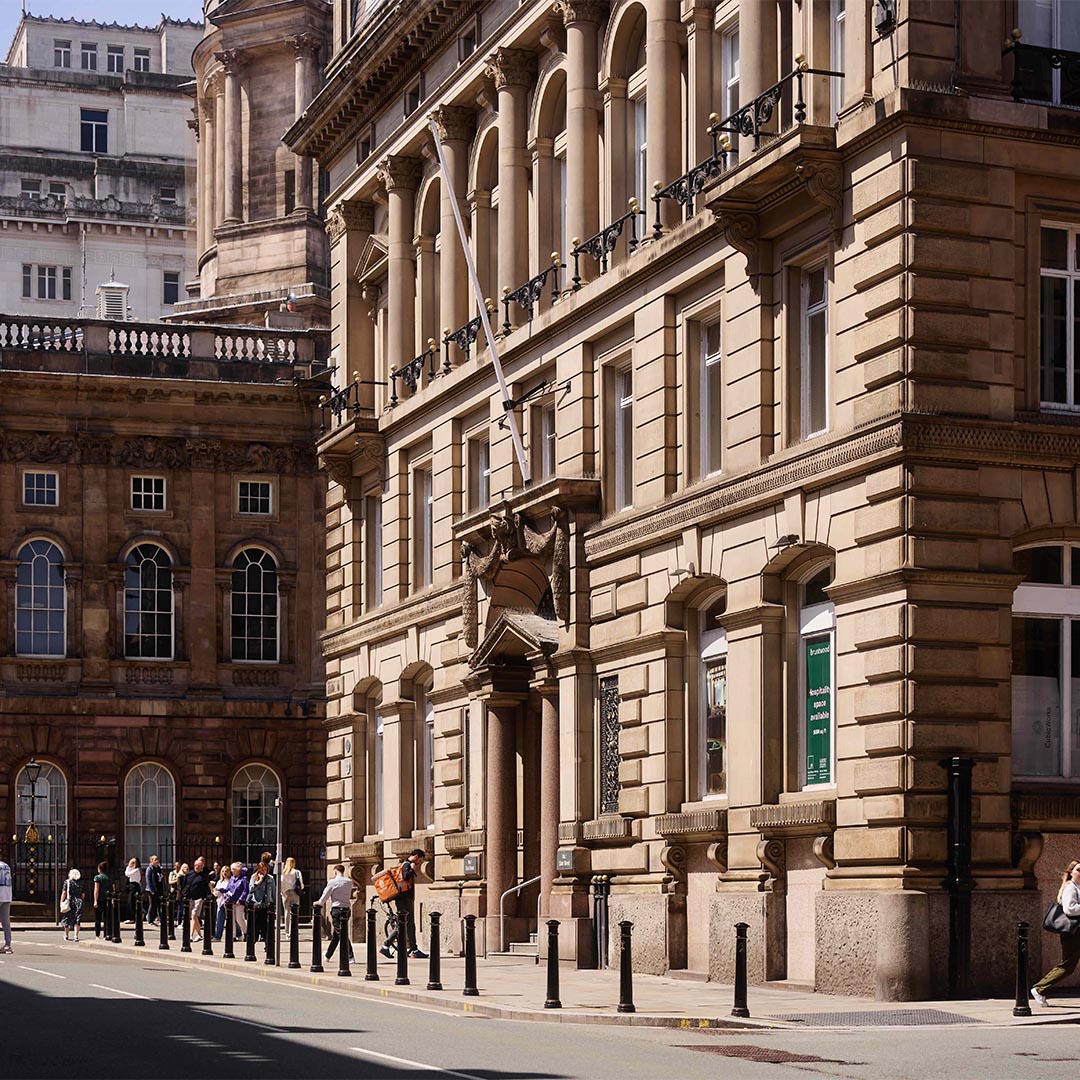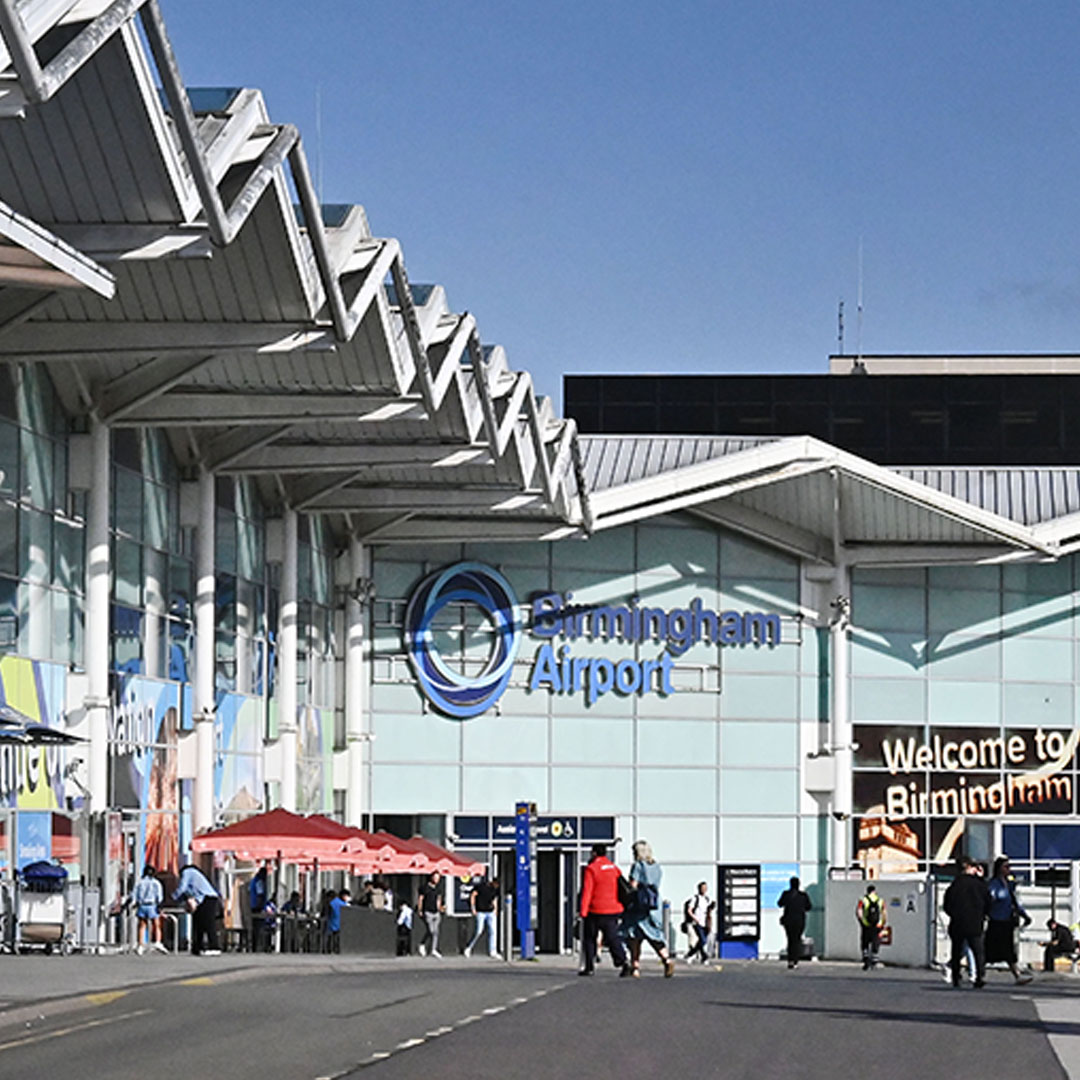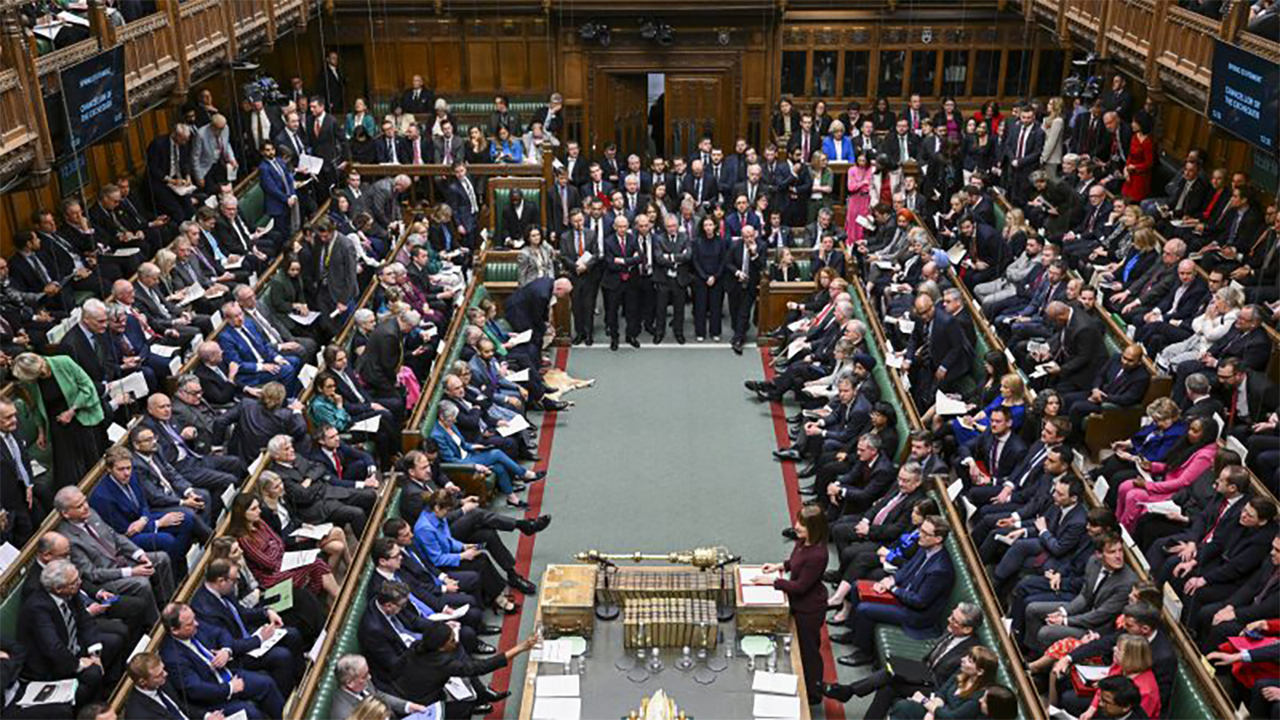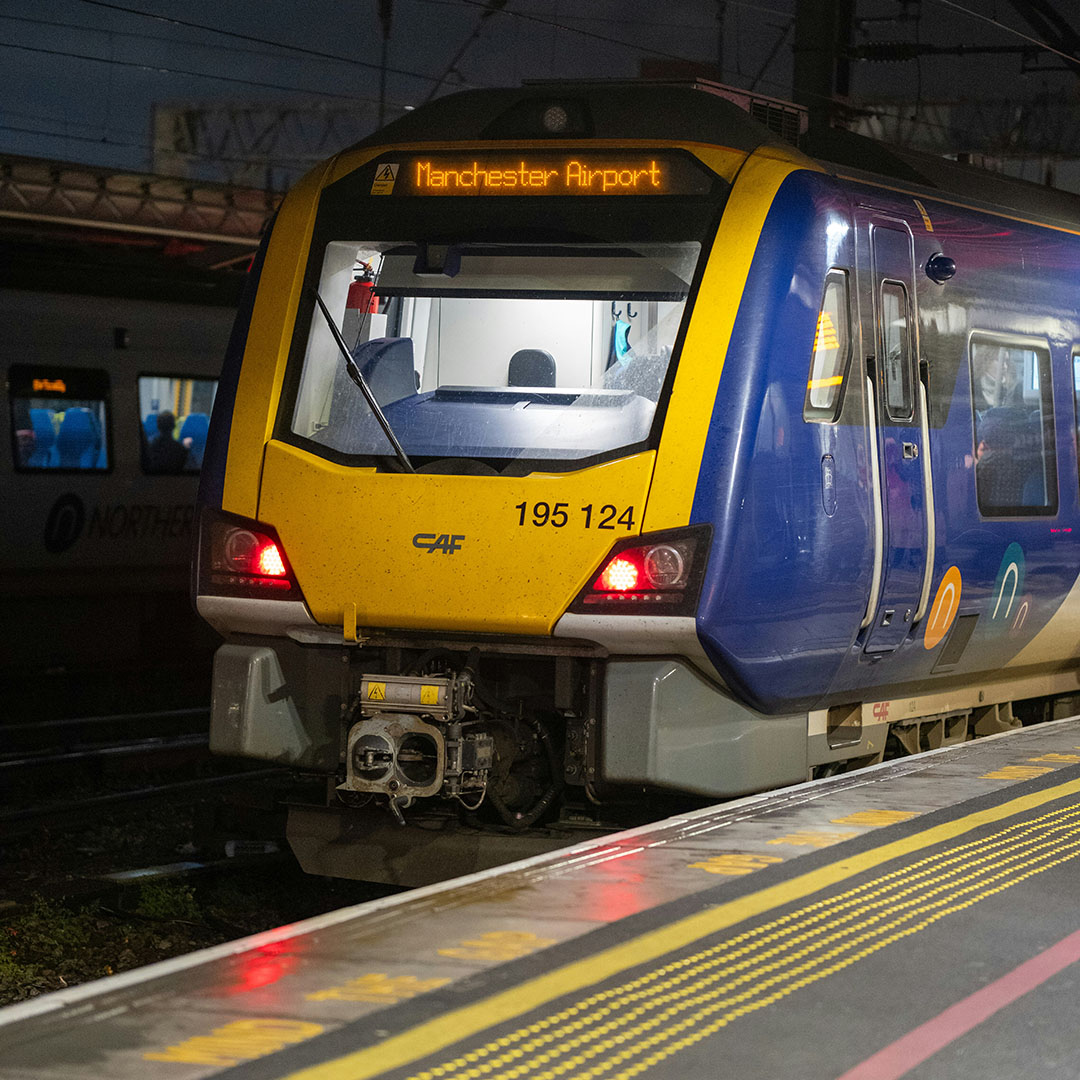The dust has now settled on the Chancellors Autumn Statement, and it seems that he achieved his main aim – which was to calm the markets and prove to investors and the wider international community that the ‘grown up’s’ were back in charge.
Interest rates look set to stabilise, and the value of the pound has steadied too. Certainly, the Sunak/Hunt ticket does not scare the horses in the way the Truss/Kwarteng leadership did.
That being said, Hunt was not kidding when he said the measures he was being forced to take would hurt. And, in no small part, many in the business community will feel the pain.
Not yet recovered from the shockwaves of Brexit and the pandemic – and still suffering the consequences of the conflict in Ukraine – there were few, if any, crumbs of comfort for businesses in the Chancellor’s announcement.
Given the dogs dinner he inherited, he will argue that he had little option. But I would suggest that he has over-corrected what was clearly a catastrophic mini budget delivered by his predecessor.
Within all the spending cuts and tax increase, Jeremy Hunt offered nothing in terms of short-term support for struggling companies. An extension to re-payment terms for bounce back loans; maintaining the National Insurance cut for firms with a turnover of less than £5million; and changes to VAT rates for the hardest hit of sectors, hospitality are just some of the initiatives he could have adopted.
And where was his growth plan? The sunlit uplands of Brexit were supposed to bring a machete to the swathes of bureaucracy, red tape, and regulation that businesses now endure. There is zero evidence that this will happen.
Investment Zones have, we think, been abandoned. Perhaps the idea of a smaller number of innovation districts will be restored by the new leadership? They need to be, not least because of the millions of pounds local authorities spent developing bids for the new investment opportunity they had been told was coming.
And even if it is necessary to tax company directors pay until the pips squeak, it would be a good idea for a Conservative government to indicate how long such a business-unfriendly fiscal approach is likely to stay in place.
It was good to see that Hunt pushed back against the short sightedness of some of his colleagues who wanted the government to abandon HS2. The country’s rail infrastructure is crumbling and is in urgent need of investment and modernisation.
I welcome too, the devolution ‘trailblazer’ deals for Greater Manchester and the West Midlands.
But by and large, this was an uninspiring statement that lacked vision, ambition, or a plan for growth. Let’s hope that by the time he delivers his first budget in March, Jeremy Hunt has calmed the markets sufficiently to deliver a more positive range of policies. If he doesn’t then many of the S’s in the SME space will not survive 2023.


